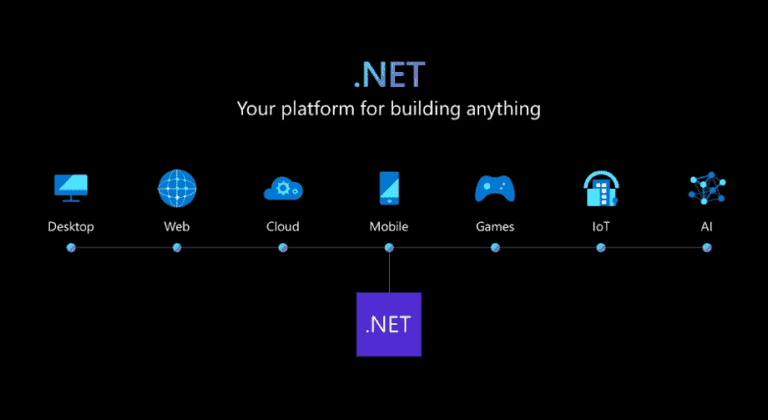The company plans to expand C# and F#, but essentially “freeze” Visual Basic.
Microsoft offers 3 languages on the .NET platform: C#, F# and Visual Basic. This week the Redmond-based tech giant, in their first .NET update since 2017, announced their strategy for all three languages.
Kathleen Dollard, the Principal Program Manager for .NET, announced the update in a blog post. She noted that, whereas Microsoft had previously revealed .NET updates via blog posts, this time they were publishing full blown documentation on this latest update via an updated version of the .NET Language Strategy at Microsoft Learn. “We’re publishing the updated strategies on Microsoft Learn to give them more permanence and make them easy to find,” Dollard wrote. She added that “our commitments to the languages that you rely on and how we think about them don’t change year to year”. Dollard then sought to reassure readers. “We’re with you for the long term”, she writes.
The strategy for C#
“We will innovate eagerly and broadly in collaboration with the teams responsible for .NET libraries, developer tools, and workload support, while being careful to stay within the spirit of the language”, Microsoft writes in the Learn post. “Recognizing the diversity of domains where C# is being used, we will prefer language and performance improvements that benefit all or most developers and maintain a high commitment to backwards compatibility”.
The strategy for F#
The .NET tea says that they will “continue to rely on the community to provide important libraries, developer tools and workload support”. As the language evolves, F# will support .NET platform improvements and maintain interoperability with new C# features, they promise.
What’s planned (or not) for Visual Basic
The Microsoft strategy for Visual Basic can best be described as “static”. The .NET team states that they will ensure that Visual Basic “remains a straightforward and approachable language with a stable design”. Indeed, should C# or the .NET Runtime introduce new features that would require language support, VB will generally adopt a consumption-only approach and avoid new syntax, they say.
Generally speaking, Dollard says, users “won’t find big changes” in the strategies. “We remain committed to full support for all three languages”, she adds. “Our job every day is to make it easier for you to do your job”.
